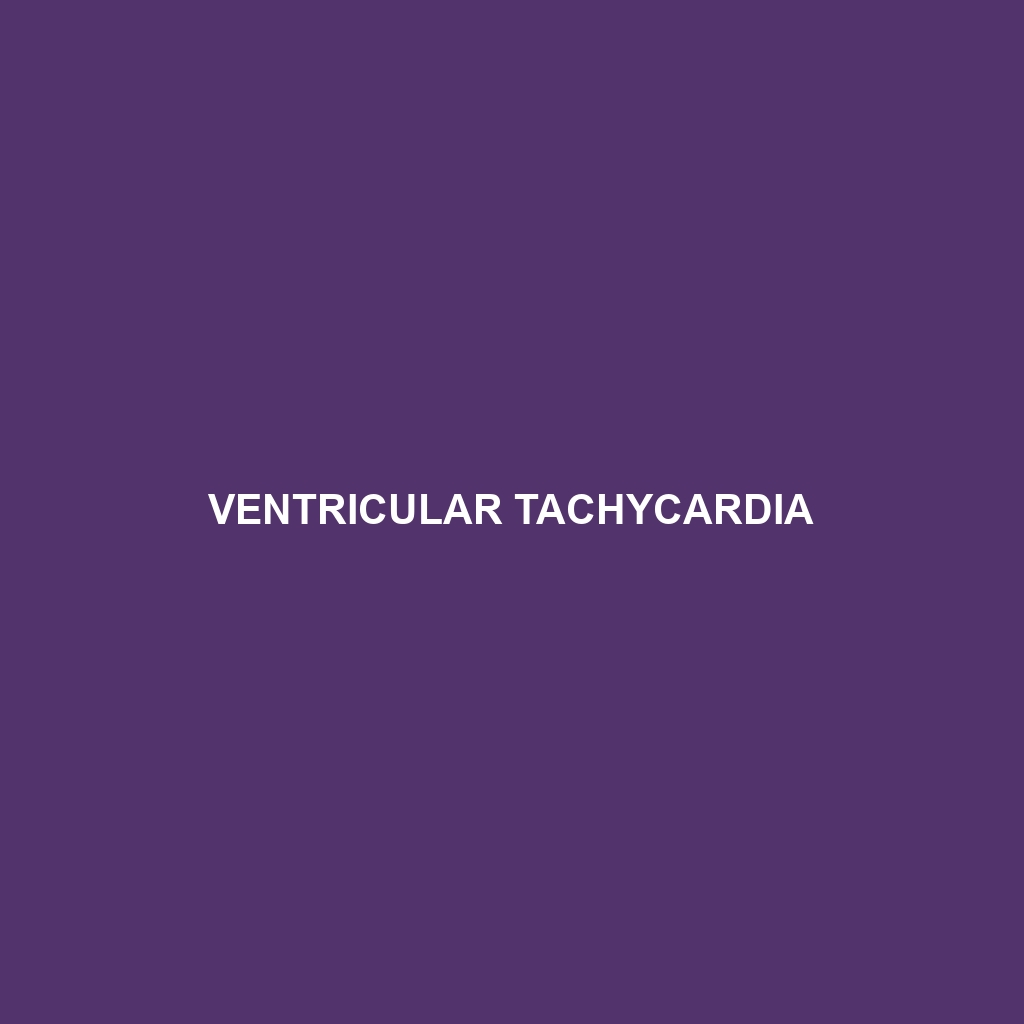Tag: Heart Health

Ventricular Tachycardia
Explore the critical issues surrounding Ventricular Tachycardia (VT), a potentially life-threatening heart condition characterized by an abnormally fast heartbeat. Learn about its causes, symptoms, and the importance of timely diagnosis and treatment, alongside preventive measures to protect heart health. Understand the myths versus realities of VT, and discover available support resources for those affected.

VSD
Explore the complexities of Ventricular Septal Defect (VSD), a common congenital heart defect characterized by an abnormal opening in the heart’s ventricular septum. Discover its causes, symptoms, and treatment options, as well as important preventive measures and the significance of early diagnosis for better health outcomes. Dive into personal stories and expert insights that shed…

Ventricular Septal Defects
Explore the complexities of Ventricular Septal Defects (VSD), one of the most common congenital heart defects affecting newborns. This comprehensive blog post delves into the definition, causes, symptoms, diagnosis, treatment options, and preventive measures, while also addressing myths and offering support resources. Gain invaluable insights to better understand this condition and its impact on individuals…

Unstable Angina
Discover the critical insights on unstable angina, a serious condition marked by unpredictable chest pain that signals potential heart issues. Learn about its causes, symptoms, risk factors, and the importance of immediate medical attention to prevent severe complications, along with effective treatment options and lifestyle changes that can support heart health.
Transient Ischemic Attack (TIA)
Transient Ischemic Attack (TIA): Definition and Description of Transient Ischemic Attack (TIA): A Transient Ischemic Attack (TIA), often referred to as a mini-stroke, is a medical condition characterized by a temporary disruption of blood flow to the brain. This interruption typically lasts only a few minutes—usually less than 24 hours—and does not cause permanent damage.…
TIA (Transient Ischemic Attack)
TIA (Transient Ischemic Attack): Definition and Description of TIA (Transient Ischemic Attack): A Transient Ischemic Attack (TIA) is often referred to as a “mini-stroke”. It occurs when blood flow to a part of the brain is temporarily disrupted, leading to a short-lived episode of neurological dysfunction. The effects of a TIA usually last for a…
Tachycardia, Supraventricular
Tachycardia, Supraventricular: Definition and Description of Tachycardia, Supraventricular: Tachycardia, Supraventricular (SVT) is a term that refers to a rapid heart rate originating above the ventricles, specifically within the atria or the atrioventricular node. This condition is characterized by a heart rate that exceeds 100 beats per minute, often leading to palpitations, dizziness, or even fainting.…
Supraventricular Tachycardia
Supraventricular Tachycardia: Definition and Description of Supraventricular Tachycardia: Supraventricular Tachycardia (SVT) is an abnormally fast heart rhythm originating above the ventricles, typically in the atria or atrioventricular (AV) node. It is characterized by a rapid heartbeat that can range from 150 to 250 beats per minute. SVT can emerge suddenly and may last for a…
Subendocardial Sclerosis
Subendocardial Sclerosis: Definition and Description of Subendocardial Sclerosis: Subendocardial Sclerosis refers to a pathological condition characterized by thickening and fibrosis of the subendocardial layer of the heart. This layer lies just beneath the endocardium, which is the innermost layer of the heart wall. The sclerosis often results in impaired cardiac function and can lead to…
Slow Heart Rate (Bradycardia)
Slow Heart Rate (Bradycardia): Definition and Description of Slow Heart Rate (Bradycardia): Bradycardia is defined as a slower than normal heart rate, typically under 60 beats per minute in adults. The heart rate can fluctuate based on physical fitness, activity levels, and age. While a lower heart rate can be normal for well-trained athletes, bradycardia…